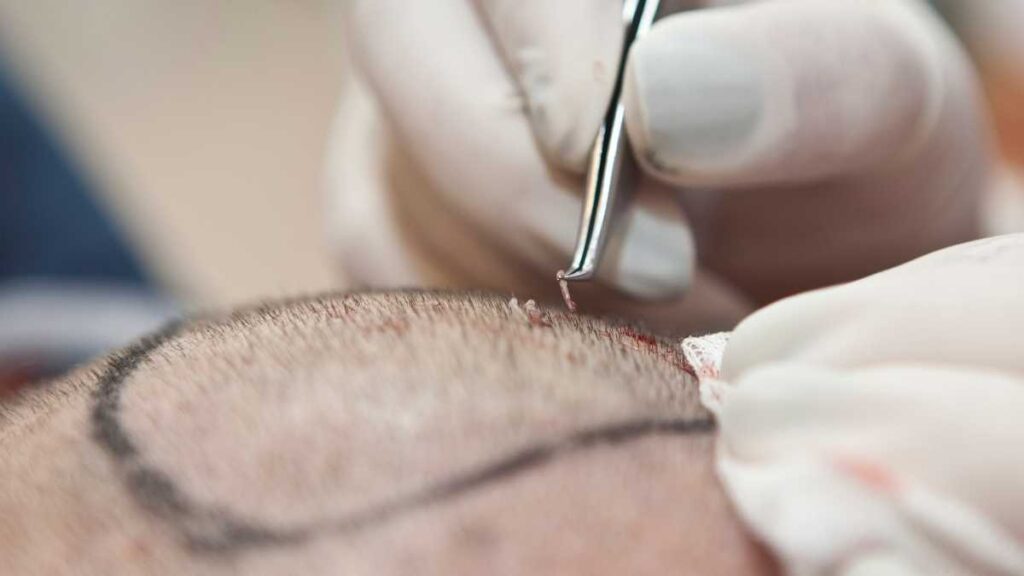I want to know how long a hair transplant last.
The simple response is that a high-quality hair surgical operation can last for the rest of your life. Because when you lose your hair, the thinning or bald patches are affected by hair follicles rather than hereditary abnormalities in your scalp. The hair specialists will use donor follicles that are genetically predisposed to hair loss.
As a result, if the hair follicles that have lost hair are replaced with healthy hair follicles from a donor region, hair transplantation may be a permanent solution to hair loss. This also helps to prevent hair loss due to stress. Of course, it depends on the operation being performed by the best hair transplant surgeons in the industry.
The success rates of hair transplants
Hair transplants performed using the latest technology and by highly skilled medical teams have an exceptionally high success rate. The most successful clinics have a success rate of about 95%. This is due to their use of the most modern techniques like FUE (Follicle Unit Extraction) and DHI (Direct Hair Implantation), which protect hair follicles during transplantation.
Recent advancements in hair transplant techniques, such as the use of the precious stone sapphire to make even sharper cuts in the scalp, have increased success rates even further.
Which hair transplant procedure is the most successful?
The best and most advanced hair transplant procedures are those that have the highest chance of success in terms of hair development. This includes FUT and FUE transplants. FUE is an abbreviation for Follicular Unit Extraction and FUT is an abbreviation for Follicular Unit Transplant. There is also a more secure version of the FUE system known as the DHI (Direct Hair Implantation).
FUT includes the surgical transfer of a strip of skin to thinning or bald areas. A FUT procedure has a decent chance of success, but it is becoming less common these days because it often results in a visible scar in the donor region. This scar is mostly found on the back of the head, so if you have a short haircut, it can be noticeable.
More patients are choosing FUE or DHI surgery these days. This is largely due to the fact that they do not leave scars. Specific follicular units are taken from the donor region in a FUE hair transplant. This is more costly because it takes longer, but the new healthy hair can last forever once the healthy follicles are formed in the recipient region.
Since the hair follicles are moved in a special DHI implanter pen, which gives the follicles 360-degree protection, DHI can provide even better protection. This gives them the best chance of thriving in their new setting.
The right treatment depends on the severity of hair loss. Hair transplanted using FUE or DHI methods will fall out shortly after the procedure. It will, however, grow back, and this time it will be permanent.
Using sapphire cutting tools, both FUE and DHI can be improved further. The precious stone will cut hair more finely, reducing the risk of infection or hair damage.
What should I do to support the growth and establishment of my hair grafts?
There are a few things you can do to help ensure the desired outcomes. To begin, the hair surgeon may prescribe anti-inflammatory medication to help with any swelling or redness that may occur following the procedure. You must take the medication.
After the procedure, you must be cautious about your new hair for a period of time. For example, wait a few days before washing your hair, and then wash it gently. For a while, use sensitive skin shampoos.
Allow a few days off before returning to work and refrain from exercising for a week or so. Do not comb or brush your hair for several weeks after the procedure. Similarly, stop wearing clothing that can brush against your hair as you put it on, such as hats or sweaters.
If you take these measures, your procedure has a good chance of being the final solution to your hair loss problems. Natural hair has a bright future.


